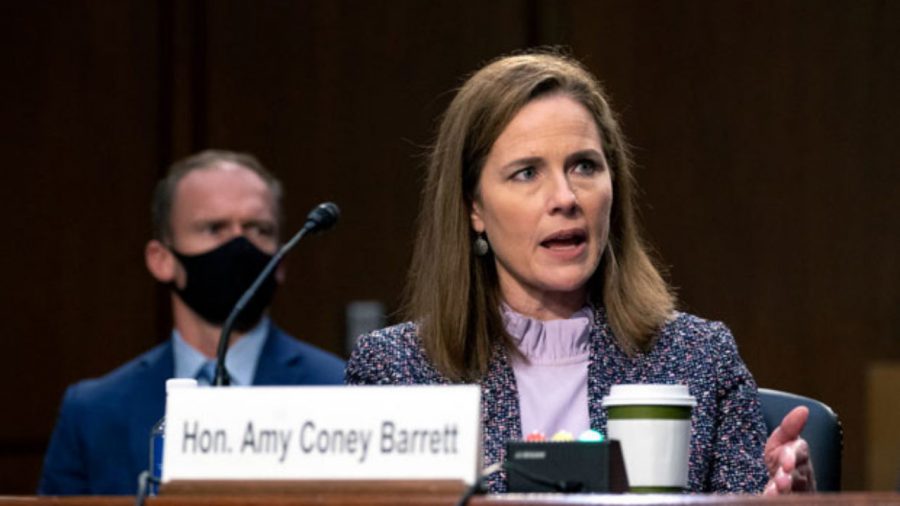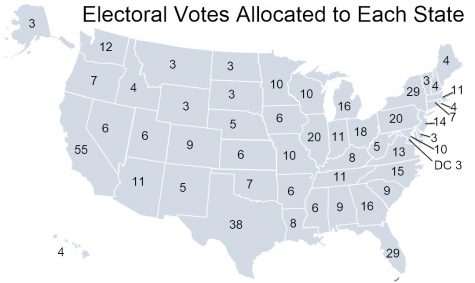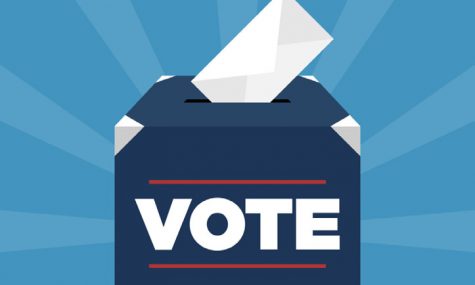ACB is a Threat to Progress and the Court
November 3, 2020
The importance of Amy Coney Barrett’s nomination cannot be overstated. Not only is this the first time that a president has nominated a Supreme Court Justice whilst the country is in the midst of voting, but the nomination also comes at a time of exceptional political discord and its likely success threatens reproductive choice, consumer rights, and the capacity of regulatory agencies to protect our environment. The irony that accompanies the circumstances of Barrett’s nomination has not flown under the radar either. In 2016, Justice Antonin Scalia’s seat became vacant during the presidential election, and Barrett was one of the loudest Republican voices shouting the party line that the seat should not be filled until after that November’s presidential election. She noted at the time that the country’s citizens should have a voice on who would nominate a Justice that would “dramatically flip the balance of power on the court.” It would only be logical for Barrett to follow her own wisdom, unless, of course, it was not about principle at all, but instead about political and ideological convenience and expediency.
What makes Barrett’s nomination even more unsettling to many is that she is poised to replace the great Justice Ruth Bader Ginsburg — one of the most influential women in recent American history and a champion of progressive ideals and individual rights. Barrett, on the other hand, seems fairly unconcerned about individual rights, unless you count the rights she insists on affording corporations. As a constitutional “originalist,” she believes that LGBTQIA+ rights are not guaranteed by the Constitution, but must be legislated to exist. She has protested the Miranda doctrine, claiming that it unconstitutionally prevents confessions from being “freely” given. She is fervently outspoken about Roe v. Wade, suggesting again and again that odious restrictions on abortions are constitutional and perhaps even that states should decide for themselves. She was strangely silent when the Seventh Circuit Court of Appeals upheld the right of corporations to match the backgrounds of its employees to the demographics of the communities in which their various branches sit (EEOC v. AutoZone). She is well-known for her opposition to the Affordable Care Act — which currently provides 21 million people with health insurance — and has even gone so far as to publicly chastise Chief Justice Roberts for his authoring of a Supreme Court ruling which saved the Act. Much to the joy of conservatives, who have failed to strike down the law legislatively on over twenty occasions, the Act will again be before the Court on November 10th, and that is why — of course — the President is desperate to fill the seat before his looming election loss.
It seems like a foregone conclusion that Amy Coney Barrett will become an Associate Justice on the U.S. Supreme Court, and that is a tragedy. The rights many of us have championed during our lifetimes, and the rights so many have fought and bled for before our lives began, will soon be at risk.





